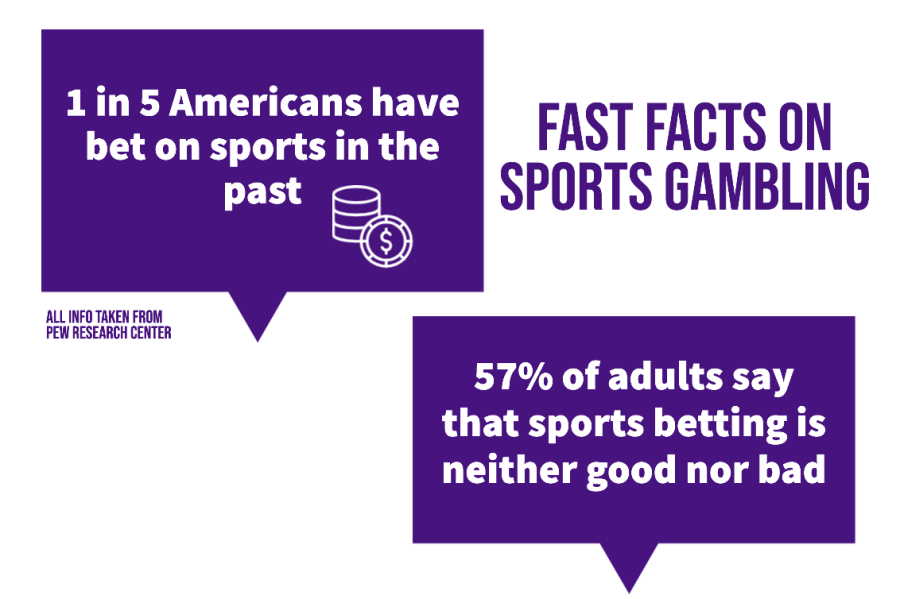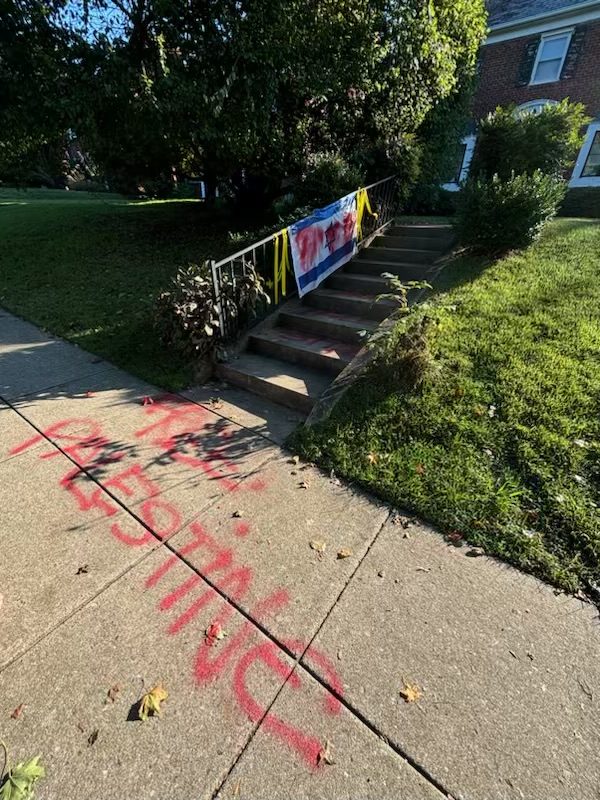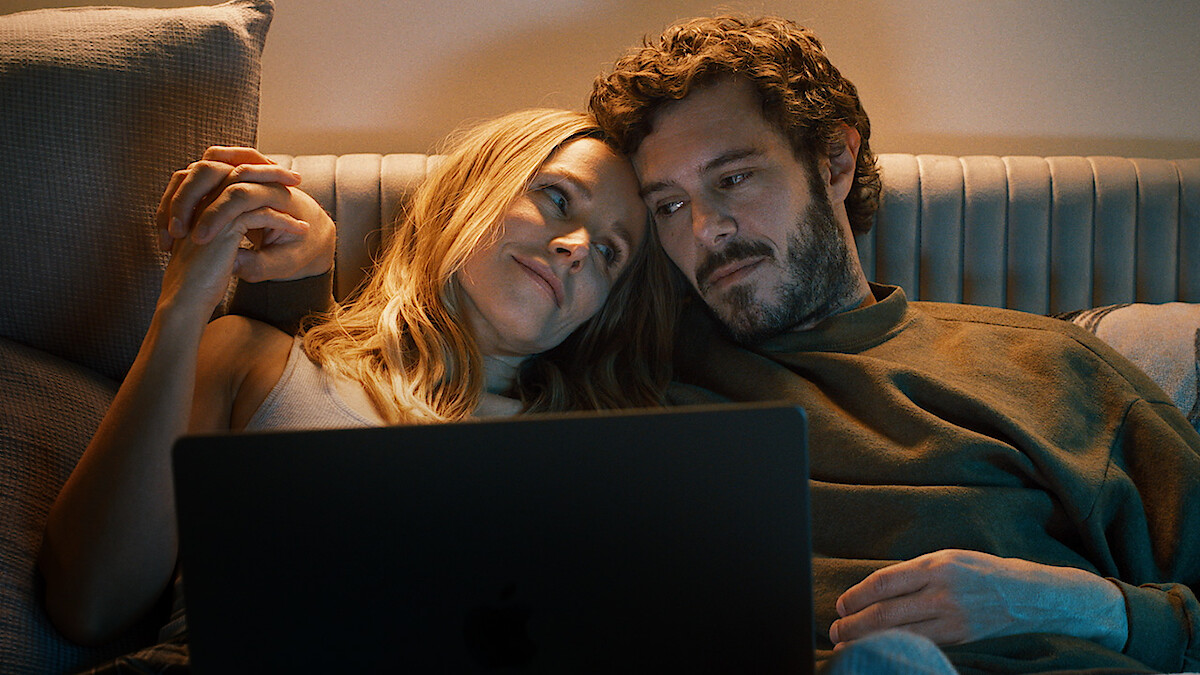Bet on it
Sports betting has had a significant impact on Americans today.
February 8, 2023
Alcohol, drugs and unhealthy relationships. All of these are taboo topics teens are constantly warned about. However, gambling, which is equally as risky and accessible, is often overlooked.
Sports betting is on the rise in the U.S. after the 2018 Supreme Court decision that gave states the right to choose whether to legalize gambling. Online sports gambling became legal in Maryland as of Nov. 23, so it’s time to talk to teens about its risks.
Sports betting in retail or online is legalized in 30 states and Washington, D.C.; nine more states are in the process of making it accessible, according to the American Gaming Association. They also said that commercial sports betting revenue totaled $4.33 billion nationwide in 2021, which was an 180% increase from 2020. This current rise in sports betting is troubling as gambling can lead to addiction and financial difficulty.
March Madness brackets or small bets with friends on the World Cup is not the issue. The issue is that as the sports betting industry grows, people, especially teens, are put at a higher risk of developing gambling addictions. In particular, the sports betting industry invests millions of dollars to ensure that their customer base increases and stays addicted.
The Business Impact Analysis predicts that a total of $1.8 billion will be spent on sports betting by local advertising in 2022, which is an 80% increase from 2021. These advertisements give fans false hope that they can win large sums of money, causing many to overlook the potential risks of gambling.
Despite what advertisements might convey, Keith Whyte, executive director at the National Council on Problem Gambling in Washington, D.C., said in an article with Deseret News that gambling leads to restlessness and irritability. Along with financial ruin, this can cause legal problems, loss of career and family, and may even lead to suicide.
Experts explain that teenagers are at an even higher risk compared to adults to develop gambling addictions because they are exposed to it everywhere, especially on social media. For example, the National Football League (NFL), which many teenagers watch, pushes sports betting by partnering with sports betting companies, such as DraftKings, FanDuel and Caesars.
According to the National Council on Problem Gambling, approximately 4-5% of youths ages 12-17 meet the criteria of having a gambling problem, and another 10-14% are at risk of developing a gambling addiction.
“This generation is growing up with gambling on their TVs,” said Timothy Fong, co-director of the UCLA Gambling Studies Program, in an interview with The Washington Post. “All we can say is that it is a critical issue: The earlier you start gambling — and gambling regularly — that’s the biggest risk factor for addiction.”
This is exactly what the gambling companies want – the more customers who are roped in while young results in a greater profit for these companies.
But it’s not just gambling companies that will profit. Former Governor Larry Hogan said that one of the reasons sports betting was legalized in Maryland is to use the profits to help fund education. It is anticipated to bring in up to $30 million next year and $100 million by 2027, according to an article at WBAL-TV.
Connecting education, an extremely important part of our society, to something as dangerous as gambling is utterly wrong. Maryland shouldn’t be funding a system that works to develop youth via sports betting’s “dirty money.”
Gambling is extremely risky and the commercialization of sports betting is adding more dangers. Jim Maney, Executive Director of the New York Council on Problem Gambling, explains in an interview with the The Washington Post that the rise of online sportsbooks makes people more vulnerable because of the convenience to bet right on your couch.
“You can play as fast as you want, as quick as you want. The technology makes it so fast and so easy,” Maney said. “All of a sudden, how much money are we spending? Before you know it, you’re going down the rabbit hole.”
These stakeholders are abusing their power and inflicting harm on too many Americans, especially those of younger generations.
Since we can’t count on the sportsbooks, big companies or even states to do what’s right, we need to count on those who have our best interests at heart: our parents and schools. We need to promote education to teens about the potential risks of sports betting to ensure that teens don’t become addicted gamblers.










